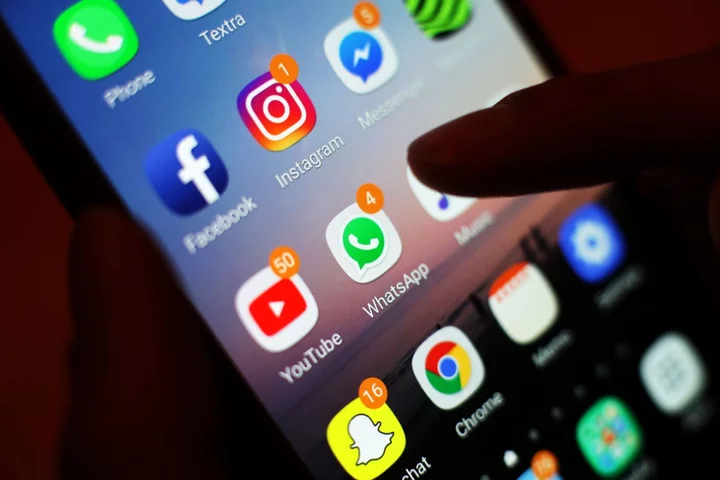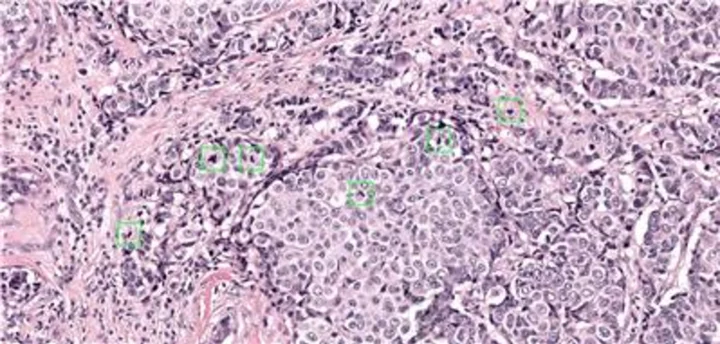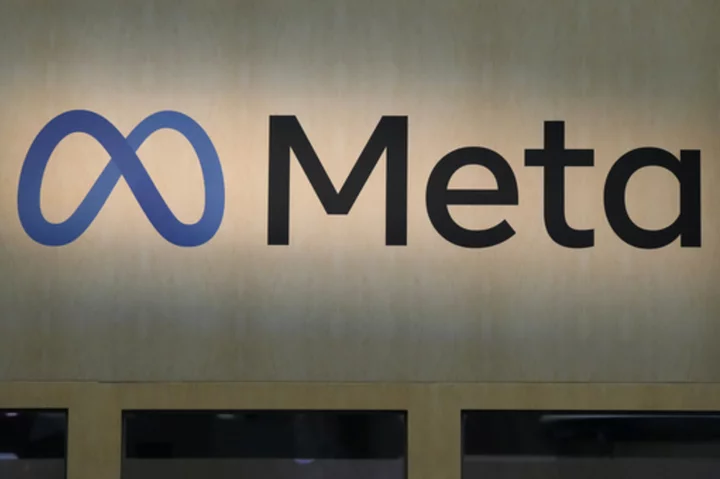Scientists have found that students who cut social media use to 30 minutes per day can see significant reduction in anxiety, depression, and loneliness, an advance that can lead to better mental health interventions.
A growing body of research in recent years has shown that an increase in social media use among young people is linked to their declining mental health.
Researchers at Iowa State University assessed this link further in a two-week experiment with 230 college students.
Half of the participants were asked to limit their social media usage to 30 minutes a day, and received automated, daily reminders.
The study, published in the journal Technology, Mind, and Behavior, found that this group of participants scored significantly lower for anxiety, depression, loneliness and fear of missing out at the end of the experiment compared to the control group.
These participants also appeared to have a brighter outlook on life, scoring higher for “positive affect,” which the researchers describe as “the tendency to experience positive emotions described with words such as ‘excited’ and ‘proud.’”
“It surprised me to find that participants’ well-being did not only improve in one dimension but in all of them. I was excited to learn that such a simple intervention of sending a daily reminder can motivate people to change their behavior and improve their social media habits,” study co-author Ella Faulhaber said.
The psychological benefits from cutting back on social media was found to extend even to participants who sometimes exceeded the 30-minute time limit.
Scientists suggest it is not about being perfect, but putting in the effort that makes the difference.
While previous research has assessed the effects of limiting or abstaining from social media, many of the interventions recommended in these studies require heavy supervision and deleting apps or using special applications to block or limit social media use.
“When a perceived freedom is taken away, we start resisting,” says Douglas A. Gentile, another author of the study, who adds that eliminating social media completely may take away some of its benefits like connecting with friends and family.
For those looking to cut back on social media use, scientists recommend setting a timer to see how much time one spends on social media.
“Recognize that it’s not easy to stick to a time limit. Social media apps are designed to keep you engaged,” researchers said in a statement.
However, they urge people not to give up as limiting social media use over time has real benefits for daily life.
“We live in an age of anxiety. Lots of indicators show that anxiety, depression, loneliness are all getting worse, and that can make us feel helpless. But there are things we can do to manage our mental health and well-being,” Dr Gentile said.
Read MoreTikTok allowed millions of people to see Canadian ‘helicopter’ wildfire conspiracies
Reddit hit by outage as fight over its future escalates
Facebook, Instagram and WhatsApp all stop working
Is your WhatsApp group making you anxious? Don’t worry – you’re not alone
From a post-truth world to a post-trust world
Why suicides among young women are rising at the fastest rate ever









